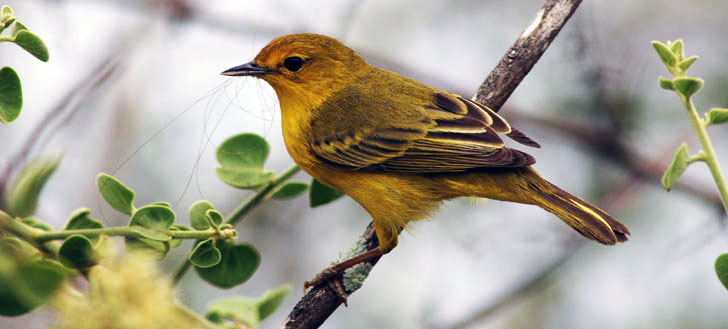Earthwatch Expeditions —
Help save rhinos, lions, whales, sea turtles and other threatened species on wildlife conservation volunteer trips. For over 40 years, Earthwatch has supported scientific research in the areas of wildlife and ecosystems, ocean health, climate change, archaeology and culture. Volunteers work in the field and make hands-on contributions to research while experiencing the cultural and natural wonders of places around the globe. Expedition costs, usually ranging between $2500 and $4500 (not including airfare) are tax-deductible contributions to the research project.
Founded in 1971 by four scientists from the Smithsonian Institution, Earthwatch now has offices in the U.S., the U.K., India, Hong Kong, Japan, Australia, and Brazil. Earthwatch currently supports about 60 projects in nearly 40 countries. Research projects include the following four categories: Archeology & Culture, Ocean Health, Climate Change, Wildlife & Ecosystems.
A sample of their wildlife conservation projects include helping scientists with rhino conservation and research in South Africa, tracking penguins in Patagonia, tracking wolves and forest fires in the Canadian Rockies, and tracking hyenas in South Africa.
Some current climate change projects include measuring evidence of global warming in the Arctic near Churchill Canada, saving the Mojave Desert’s iconic Joshua Trees from climate change, studying the effect of climate change on wildlife in Australia’s rainforest, and studying the impact of rising sea levels in South Carolina.
Ocean and marine-life projects include studying endangered leatherback sea turtles in Costa Rica, tracking dolphins in the Adriatic Sea, helping endangered coral reefs in the Cayman Islands, and studying sharks in South Africa.
Many expeditions do not offer private rooms, but rather dorm style housing, and meals tend to be more basic, sometimes prepared by the volunteers themselves.

